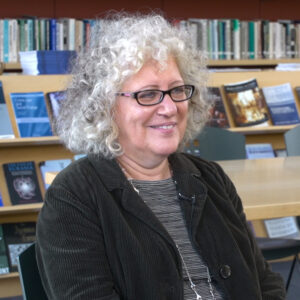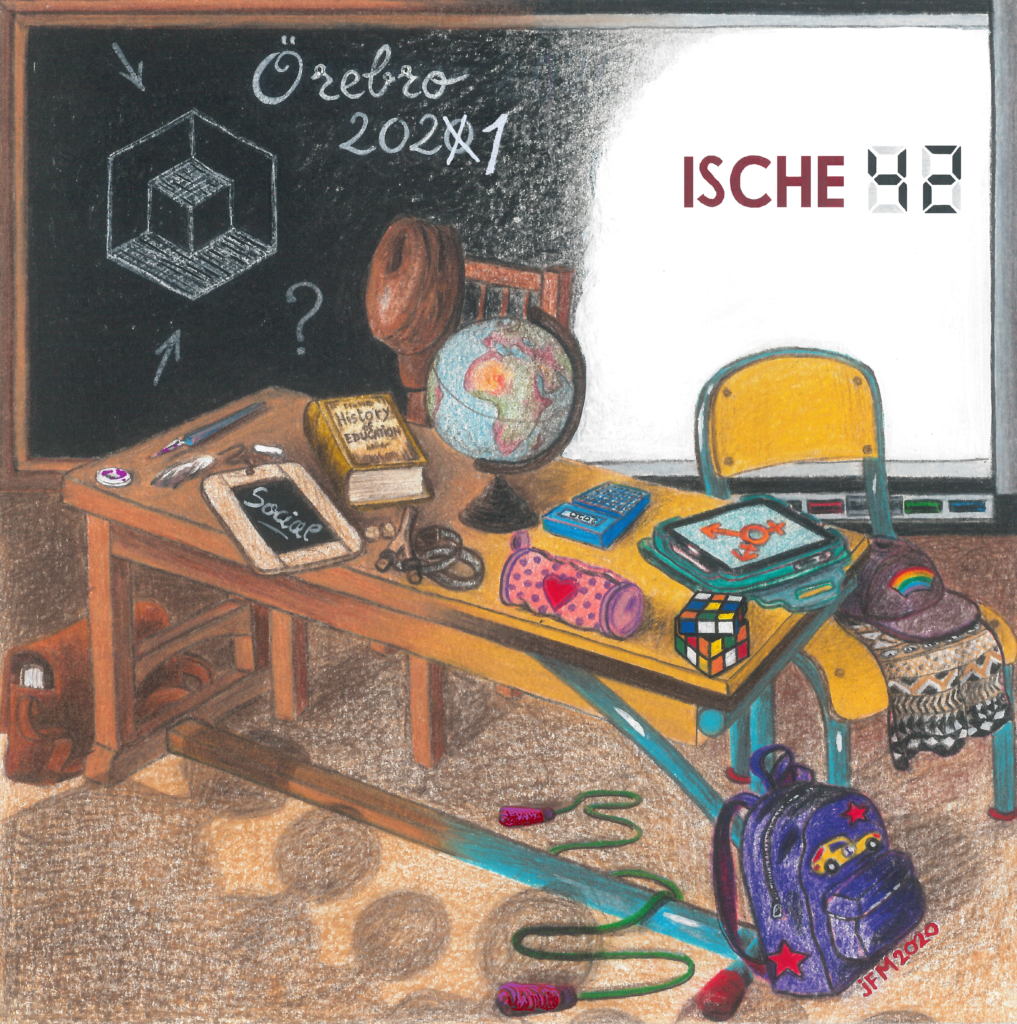Keynote speakers
Barbara S. Weinstein, Silver Professor of History at New York University and  Past President of the American Historical Association, is one of the most important historians of the entangled transnational social and economic history of the two Americas. Her scholarly work resulted in groundbreaking books and articles that offer a critical and deep analysis of some of the key questions of social inequality in Latin America. In her research she concentrated on complex relationships between imperialism, (neo-) colonialism and working class history, the intersection of race, gender and regional and national identity in modern Brazil, and the history of technology, production and political economy. Her publications include The Amazon Rubber Boom, 1850-1920 (1983), For Social Peace in Brazil: Industrialists and the Remaking of the Working Class in São Paulo (1996), and The Color of Modernity: São Paulo and the Making of Race and Nation in Brazil (2015). Her articles have appeared in the American Historical Review, the Hispanic American Historical Review, ILWCH, Journal of Women’s History, Radical History Review, the International Review of Social History, and the Revista Brasileira de História, among others. Barbara Weinstein won numerous prestigious awards, fellowships and travel grants, among of which many that allowed her to travel to Brazil and continue with her studies in Brazilian archives. Her research has received support from the National Endowment for the Humanities, the John Simon Guggenheim Foundation, and the Radcliffe Institute for Advanced Study. In 2017-18 she was a fellow at the Cullman Center for Scholars and Writers where she worked on an intellectual biography of the pioneering Latin Americanist Frank Tannenbaum.
Past President of the American Historical Association, is one of the most important historians of the entangled transnational social and economic history of the two Americas. Her scholarly work resulted in groundbreaking books and articles that offer a critical and deep analysis of some of the key questions of social inequality in Latin America. In her research she concentrated on complex relationships between imperialism, (neo-) colonialism and working class history, the intersection of race, gender and regional and national identity in modern Brazil, and the history of technology, production and political economy. Her publications include The Amazon Rubber Boom, 1850-1920 (1983), For Social Peace in Brazil: Industrialists and the Remaking of the Working Class in São Paulo (1996), and The Color of Modernity: São Paulo and the Making of Race and Nation in Brazil (2015). Her articles have appeared in the American Historical Review, the Hispanic American Historical Review, ILWCH, Journal of Women’s History, Radical History Review, the International Review of Social History, and the Revista Brasileira de História, among others. Barbara Weinstein won numerous prestigious awards, fellowships and travel grants, among of which many that allowed her to travel to Brazil and continue with her studies in Brazilian archives. Her research has received support from the National Endowment for the Humanities, the John Simon Guggenheim Foundation, and the Radcliffe Institute for Advanced Study. In 2017-18 she was a fellow at the Cullman Center for Scholars and Writers where she worked on an intellectual biography of the pioneering Latin Americanist Frank Tannenbaum.
Esbjörn Larsson, Professor of History of Education, and dean at the Faculty of  Educational sciences, at Uppsala University, Sweden. After receiving his PhD in History on the thesis From Upbringing to Education: The Swedish Royal War Academy, 1792 to 1866 (2005) Larsson has devoted himself to research on different topics within the field of History of Education. His main research area has been Swedish schools during the nineteenth century and the origin of the system of different types of schools for different social classes. Among other aspects of the 19th century school system his research has included in-depth investigations of the introduction of the monitorial system in Sweden, published in articles such as “‘Cheap, efficient, and easy to implement’? Economic aspects of monitorial education in Swedish elementary schools during the 1820s” (2015) and “Classes in themselves and for themselves: the practice of monitorial education for different social classes in Sweden, 1820−1843” (2016), History of Education. Moreover, Larsson has also devoted himself to research on the introduction of defense service training in Swedish schools during World War II. He has received major research grants from the Swedish Research Council and Riksbankens Jubileumsfond, has co-organized two nordic conferences in history of education, and today serves as member of the steering board of the Graduate School in Applied History of Education.
Educational sciences, at Uppsala University, Sweden. After receiving his PhD in History on the thesis From Upbringing to Education: The Swedish Royal War Academy, 1792 to 1866 (2005) Larsson has devoted himself to research on different topics within the field of History of Education. His main research area has been Swedish schools during the nineteenth century and the origin of the system of different types of schools for different social classes. Among other aspects of the 19th century school system his research has included in-depth investigations of the introduction of the monitorial system in Sweden, published in articles such as “‘Cheap, efficient, and easy to implement’? Economic aspects of monitorial education in Swedish elementary schools during the 1820s” (2015) and “Classes in themselves and for themselves: the practice of monitorial education for different social classes in Sweden, 1820−1843” (2016), History of Education. Moreover, Larsson has also devoted himself to research on the introduction of defense service training in Swedish schools during World War II. He has received major research grants from the Swedish Research Council and Riksbankens Jubileumsfond, has co-organized two nordic conferences in history of education, and today serves as member of the steering board of the Graduate School in Applied History of Education.



